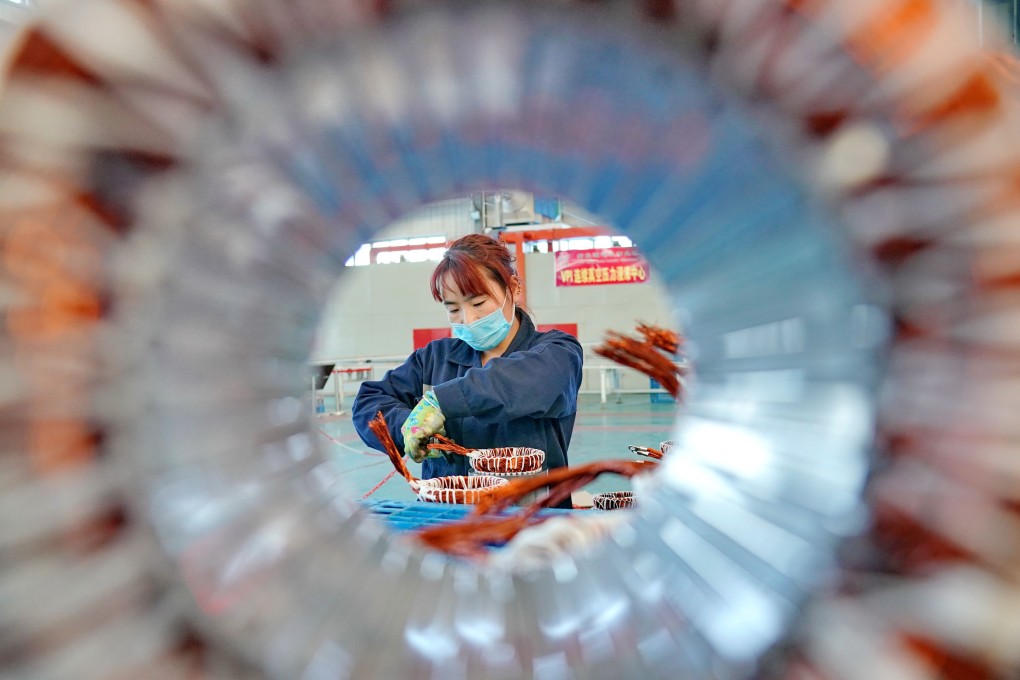Advertisement
Markets think the worst may soon be over for the world economy. Governments must prove them right
- Fears of a market crash are out of date. Recent business confidence numbers from the US, China and even Germany show the global economy is not down and out. The world’s governments must seize the momentum and find new ways to fund sustainable recovery
Reading Time:3 minutes
Why you can trust SCMP

There’s a new thinking sweeping the market that we may be over the worst in terms of risks to the future. Whether this should be deemed rational exuberance instead of excessive speculation is yet to be seen.
This transcends the old fears about the US-China trade war and a dreaded slowdown in global growth, and instead focuses on early buds of recovery against an immensely positive monetary policy backdrop. This stimulus should last a long while yet.
The US Federal Reserve will keep its interest rates low and indulge in more indirect quantitative easing; Europe and Japan intend to hold rates in negative territory and monetise growth for as long as possible; China will stick to its expansionist agenda.
Advertisement
It’s not a question of feeding irrational exuberance in markets – it’s a question of policymakers striving for lasting recovery. There should be no return to market-crash fatalism.
If global growth is on the mend, who will be the main movers and shakers in the recovery? Conventional wisdom suggests the US and China should be in the vanguard, where policy efforts have been the most expansionist.

But even in Europe, despite slow-growing Germany, there are sparks of resurgence among the smaller economies as consumers enjoy the fruits of confidence-boosting negative interest rates and unemployment continues to fall.
Advertisement
Select Voice
Choose your listening speed
Get through articles 2x faster
1.25x
250 WPM
Slow
Average
Fast
1.25x
